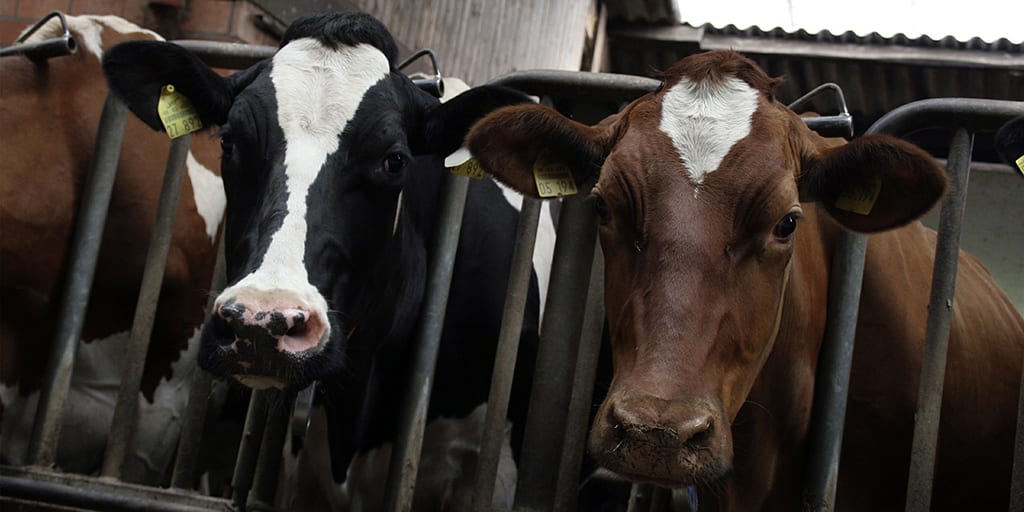Germany
Country indicators
Fossil fuel subsidies (USD, billions):
Fossil fuel subsidies with externalities (% of GDP):
News

Redirecting subsidies for the good of nature
A lot of money is needed to prevent spiralling biodiversity loss; somewhere between US$598 billion and US$824 billion a year

G7 nations committing billions more to fossil fuel than green energy
In spite of green rhetoric, money has piled into aviation and car industries since start of pandemic, report finds The nations that make up the G7 have pumped billions of dollars more

P4G Seoul Summit unites world leaders for inclusive green recovery, serves as stepping stone for next climate COP
P4G Seoul Summit wrapped up on May 31, proclaiming global inclusive green growth in Seoul Declaration. The Summit called for global cooperation in climate change response; developed countries announce support for
Reports

Ecological Steering with Value-Added Tax and Taxes on Consumption (FOES)
The current design of some taxes sets a number of ecological disincentives – for example, it encourages the consumption of environmentally harmful products and provides little incentive for more sustainable
National Emissions Trading System: Background Paper
Why do we need national emissions trading? In view of the major challenge that climate change poses to present and future generations due to greenhouse gas emissions, Germany has committed
U.K. Spending 32 Times More On Fossil Fuels Than Renewables: Wärtsilä Report
The U.K. government is squandering an opportunity to move towards a zero carbon future by pumping billions of stimulus cash into fossil fuels and all but neglecting renewable energy, according
Policy Briefs

Germany – Country profile
Background Germany is a Central European country and a founding member state of the EU. In 2017 Germany had nearly 83 million inhabitants and is the largest national economy in



